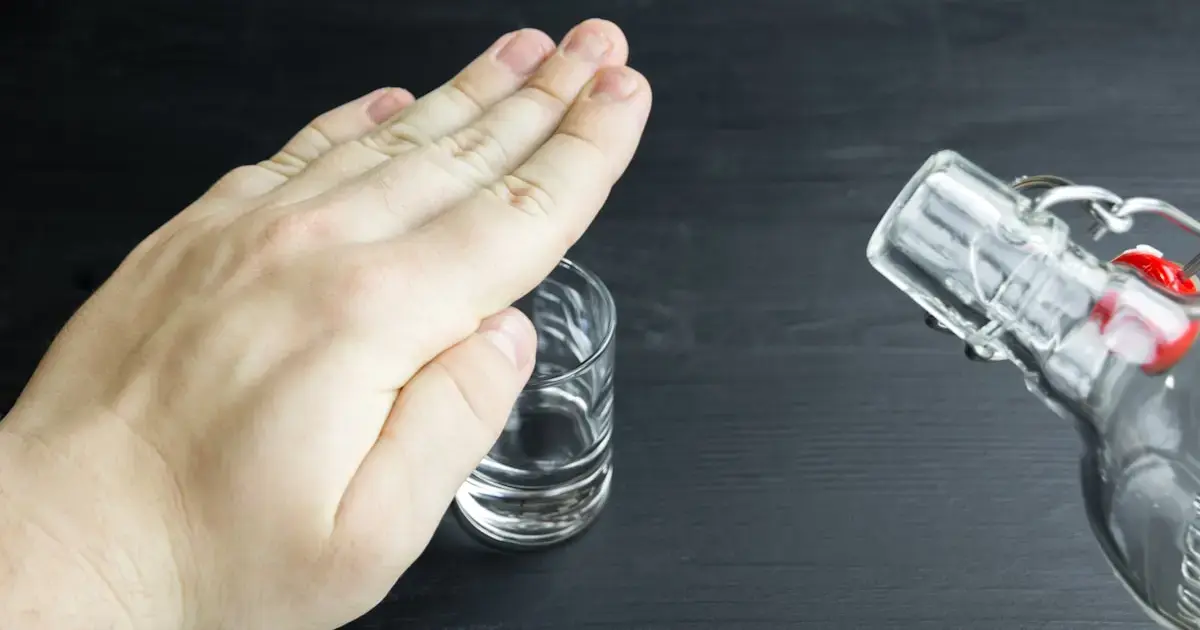
Why the Risk Increases Even with Small Amounts
A study analyzed data from over half a million people. Over several years, nearly 15,000 participants were diagnosed with . It was found that regular consumption of even up to seven drinks a week increases the risk of developing the disease. For those who consumed more than 40 servings of per week, the risk increased by more than 40%.
Experts emphasize that early declines in may lead individuals to drink less long before a diagnosis is made. However, this does not mean that alcohol is safe in small amounts—in fact, the research proves the opposite, reports Daily Mail.
Experts’ Opinions
Dr. Anya Topivala from the University of Oxford stated, “The common belief that small doses of alcohol are beneficial for the brain lacks scientific support. Genetic data suggests otherwise.”
Her colleague, Professor Joel Gelernter from Yale University, added, “We have long thought that light drinking could be neutral or even beneficial. The latest research shows that this is a misconception.”
However, other specialists urge caution, reminding us that while the link between alcohol and dementia is supported by numerous studies, proving a direct cause-and-effect relationship remains challenging.

Official Recommendations
The National Health Service (NHS) in the UK advises not to exceed 14 “units” of alcohol per week. This is roughly equivalent to six glasses of or six pints of beer. In the U.S., the recommendations differ: women are advised to limit themselves to no more than seven drinks per week, while men can have up to 14.
However, new findings call even these “safe” limits into question. According to scientists, each additional serving of alcohol increases the risk of brain damage.
Alcohol and Brain Health: What’s Next
Currently, around 982,000 people in the UK live with dementia. By 2040, this number could rise to 1.4 million. Researchers emphasize that reducing alcohol consumption could be a viable prevention strategy—alongside managing cholesterol levels, blood pressure, and quitting smoking.
Scientists stress that when it comes to brain health, there is no such thing as a “safe” drink.
Photo: Unsplash
